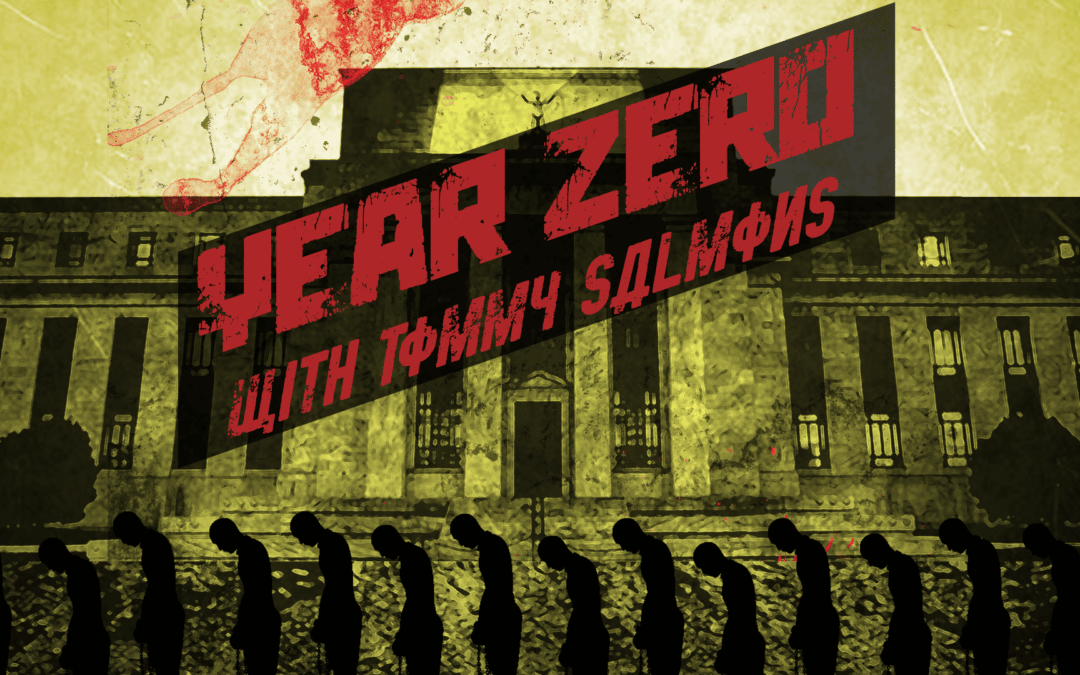Thanks to Tyler Durden for having me out.
Blog
Jeff Deist – ‘Trumpism and the Old Right’
I had to miss the Ron Paul conference last weekend. Catching up now. Here’s the great Jeff Deist.

Culture Clash w/Rachel Nelson
Rachel Nelson of Libertarian Institute fame joined me to discuss the culture of these United States.
Podcast: Play in new window | Download
My Interview with Pearl Snap Tactical

My conversation with Mark Booher at Pearl Snap Tactical.
https://pearlsnaptactical.substack.com/p/war-against-the-cartels-americas
Email me cgpodcast@pm.me
Ron Paul – “Trump 2.0”
Dr. Paul on his career, the universe and everything.
I Am the Senate!
Tom Woods Speech: “The Ron Paulian Roots of MAGA (and What It Still Has to Learn)”
Institute senior fellow Tom Woods’ speech at the recent Ron Paul Institute event.
Vindication
Tom Woods interviews his old Harvard professor Vladimir Brovkin about US-Russia relations.









